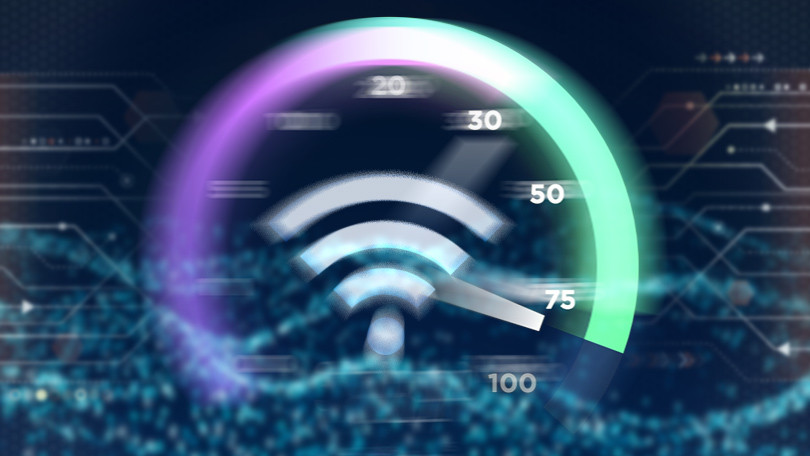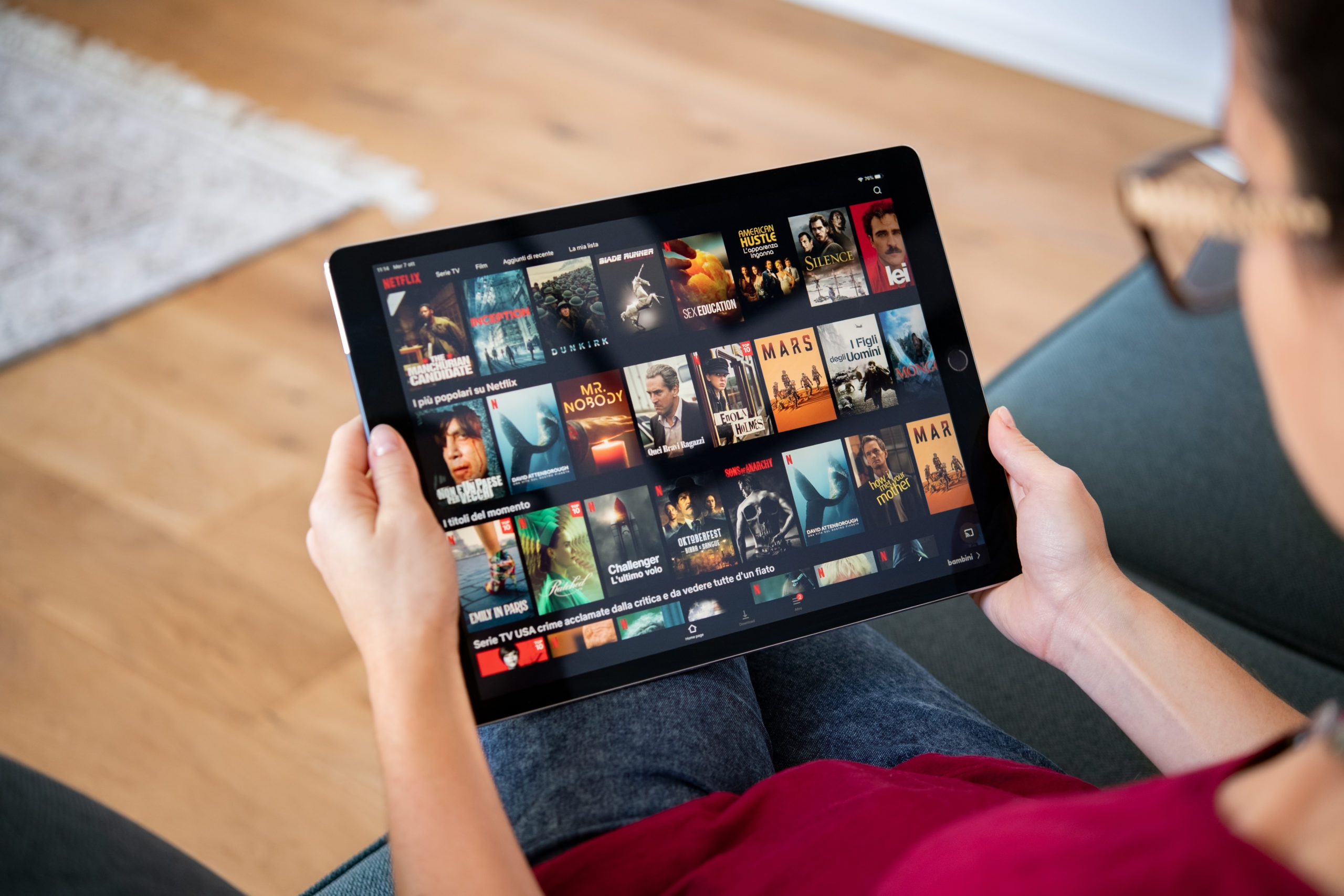Maximize Your Connection: The Importance of VPN Speed Test
A Virtual Private Network (VPN) is a technology that allows you to create a secure connection to another network from a remote location. The technology relies on a VPN server, which is a server specifically designed to create a secure tunnel between your computer and transmit information to and from your computer and the private network.
VPN connections are generally characterized by decreased bandwidth and increased latency (or the time it takes to respond to requests) because all data must pass through an additional server (the VPN server). Fortunately, there is an easy way to quantify the quality of a VPN connection by testing the VPN speed.

VPNs are increasingly used by users wanting to hide their identity when surfing the Internet, or to access geolocated streaming services (such as Netflix), in order to take advantage of much larger catalogs than those reserved for their national market. A good VPN service help users increase the speed of their network connection, making it faster than the connection without VPN.
How to Make Sure You Choose a Fast VPN
If you want to make sure you have the fastest VPN available, when choosing one you need to keep coverage and server quality in mind. Server coverage is easy to find out: go to the website of the VPN you’re interested in and check out their server page. Next, check if they have servers near you. This should guarantee you decent speeds when browsing.
However, if you specifically want servers in a country away from home, because you want to circumvent regional restrictions, for example, server quality becomes a bigger issue. In this case, you either want a VPN provider that only has a few servers that can handle a heavy load, or a provider that has lots of lower-capacity servers per location.
Whatever you think will work best for you, we recommend signing up with your VPN of choice after checking that they have a refund policy in place. Then run the above speed test yourself on SpeedTest.net: If you are not satisfied with the results, you can always use the money back guarantee.
How to make a speed test when using a VPN connection
Performing a speed test on the VPN connection is really very simple: connect to the VPN service through the dedicated program or application, choose the fastest automatic server and, once connected, open any web browser and use a speed test service such as Fast.com.
In a few seconds you will obtain the maximum download speed that can be reached with a VPN connection; to get other data click show more info and you will also check the download speed and latency (ping).
5 Easy Steps
Determine the speed of your internet connection without using a VPN server
The best way to do this is to use an Internet bandwidth test. Your bandwidth test will have three key components – upload speed, download speed and latency. Upload and download speeds quantify how fast you transfer data to and from Internet servers respectively. Latency (Ping) is the time it takes to complete an Internet request.
Connect to the VPN server using your choice of VPN client
Many VPN servers prescribe specific types of clients, so use documentation from your support or IT department to determine the best client to use.
Repeat the speed test
Get new values for download speed, upload speed and ping while using the VPN connection.
Subtract your download speed using VPN connection
This is telling you how much speed is lost from connecting through a VPN server.
Subtract the latency without using the VPN connection
Subtract the latency without using the VPN connection from that when using a VPN connection to determine the increase in latency when using a VPN connection.
Choose the Fastest VPN Protocol
In addition to the VPN server, if possible, one should also choose the fastest VPN protocol, to obtain an acceptable reduction in speed and the lowest possible latency.
Below, we have collected the most used VPN protocols by the services on the market:
- OpenVPN (UDP): very compatible and secure protocol, but with a lower speed than the protocols seen so far.
- OpenVPN (TCP): the protocol with the greatest compatibility, but also the slowest to use.
- WireGuard: fast protocol, with strong encryption that does not take too many resources. Often this protocol is customized by the VPN service to further optimize the connection, especially when we use VPN servers for streaming services.
- IPsec: very secure protocol, but which loses something in terms of absolute speed and latency. To be used for anonymous surfing, when it is better to leave it alone if you need to access streaming services.
If your VPN service allows it, you can choose the fastest possible VPN connection protocol. If the VPN service doesn’t let you choose the connection protocol, don’t worry: it’s often the service itself that uses the fastest protocol, so you will not have to configure anything.
Choose the Best VPN Server
The absolute speed of a VPN connection is a parameter that you can safely ignore, especially if we are on the FTTH or FTTC network: in fact it is enough to reach 20 Mega in download to use the vast majority of streaming services in HD. The parameter we need to monitor is the latency: If the value is too high, we risk having a slow connection and many delays when streaming, regardless of the actual connection speed.
In order to understand the importance of latency under a VPN connection, we press the Win + R keys on the keyboard, we write cmd in the field that will open and try to follow the path of a data packet by entering the command from the terminal.
By following the path, we can understand how long it takes for a packet to go to a particular server, whether under VPN or with a “smooth” connection. A good VPN server must generate fewer bounces than the “smooth” connection and never exceed 150 ms of ping, essential to always obtain good quality from streaming sites.
When you connect to a server in the United States, always try to check the packets and see the latency of the connection: if the latency is not good, you can use another VPN server in the same country; if you are not bound by geo-blocking restrictions, you can also try to connect from neighboring countries, in order to get a faster connection than the initial direct connection.
Conclusion
By combining all the information presented to you above, we will be able to properly test the speed of your VPN connection and will be able to obtain fast speeds with any VPN service, carefully choosing the best servers for streaming (with a low ping and a fast protocol) or the most compatible and secure servers (for those who surf incognito and need maximum compatibility).
If you don’t know which VPN service to use on your PC or smartphone, we suggest you read our guides How to make your VPN connection faster? and VPN – The Ultimate Beginner’s Guide.

